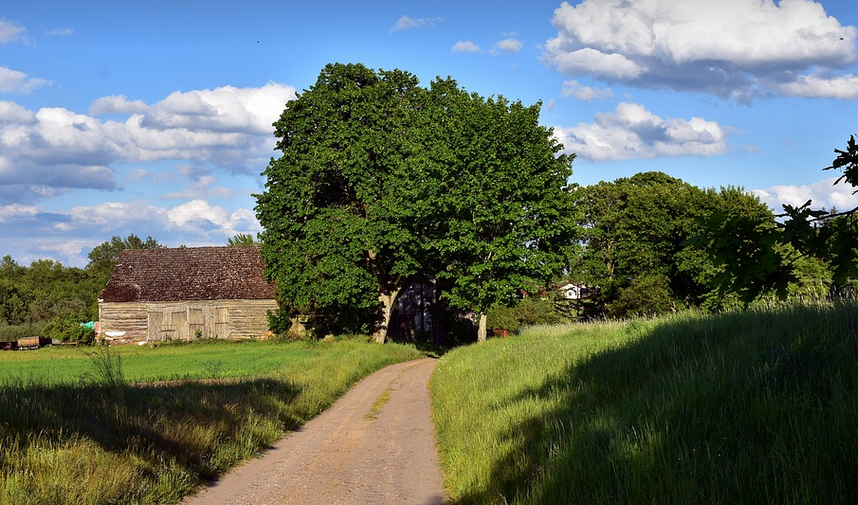A Closer Look at Recycling in Riverbank
Riverbank is a charming community nestled near the banks of the San Joaquin River. While it offers a peaceful setting with lush landscapes, residents also face the challenge of managing their waste effectively. One crucial part of this effort revolves around recycling—a practice that ensures our environment stays healthy and vibrant.
Recycling isn’t just about throwing things in a blue bin; it’s about understanding how to properly sort materials and contribute to a circular economy. This article serves as your guide, shedding light on the intricacies of waste management in Riverbank and empowering you to be a more conscious recycler.
Understanding the Basics: Why is Recycling Important?
Recycling plays a pivotal role in minimizing our environmental footprint. By transforming discarded materials like glass, paper, plastic, and metal into reusable resources, we reduce the amount of garbage ending up in landfills. Landfills are vast repositories of waste that take up valuable land and release harmful greenhouse gases as they decompose.
Recycling also conserves natural resources. It helps us to use precious raw materials like timber, oil, and minerals more efficiently. This reduces our dependence on extracting new resources from the earth, which often comes at an environmental cost.
Moreover, recycling promotes a sense of responsibility in communities. By actively participating in this process, we create a collective impact that benefits all generations to come. It fosters a connection with our surroundings and highlights the importance of sustainable living practices.
What Gets Recycled in Riverbank: A Comprehensive Guide
Riverbank’s recycling program encompasses various materials that can be transformed into valuable resources for other uses. Each material follows specific guidelines to ensure proper sorting and processing:
– **Paper & Cardboard:** From newspapers, magazines, and cardboard boxes to office paper and packaging materials—recycling them allows trees to be replenished through sustainable forestry practices.
– **Plastic Bottles & Containers:** These items are often made from recyclable polymers. Be sure to separate them into designated bins. Look for the recycling symbol (number 1-7) on bottles and containers before tossing them in the blue bin.
– **Glass Bottles and Jars:** Glass is a valuable resource that can be reused for various purposes like creating new building materials, insulation, or even decorative items.
– **Metal Cans & Aluminum Foil:** Metal cans made from aluminum are highly recyclable due to their durability. When you have a stack of them ready for recycling, ensure they’re properly cleaned and free from food residue before placing them in the blue bin.
– **Electronics and Batteries: ** It’s crucial to separate electronic waste like cell phones, computers, and batteries. These items contain hazardous materials that can pose risks to the environment if not disposed of properly. Check with your local recycling center or community program for designated drop-off locations.
Where to Recycle in Riverbank: A Guide to Local Options
Finding convenient recycling facilities is key to successful waste management. Here’s a breakdown of where to recycle in Riverbank:
– **City Hall Recycling Bins:** A dedicated bin located at the City Hall usually offers a designated area for recyclable materials. Check with the city website or ask local officials about specific locations and collection schedules.
– **Waste Collection Centers:** Several waste collection centers around Riverbank provide drop-off points for various recyclables, including glass, paper, metal, and plastic. Check their websites for details on hours of operation and accepted materials.
– **Drop-Off Locations:** Local organizations or community groups often host designated drop-off sites for items such as electronics and batteries. These locations may vary depending on the group’s initiatives, so it’s important to research local options through online resources or by contacting community centers.
Tips for Successful Recycling in Riverbank: Making a Difference with Every Action**
Recycling is not merely about following rules; it requires conscious effort and understanding. Here are some key tips to make the most of your recycling efforts:
– **Sort Carefully:** Take time to separate materials into their designated bins. This helps ensure that your waste is properly processed and recycled.
– **Clean Before Recycling:** Empty out any food residue from containers before throwing them in a recycling bin. This prevents contamination and ensures the recyclability of your items.
– **Ask Questions If Necessary:** Don’t hesitate to reach out to local authorities or waste management programs if you have questions about specific materials or disposal guidelines. They are always willing to offer guidance and support for responsible recycling practices.
– **Stay Informed: Actively engage with your community and stay updated on any changes in the recycling program. This helps you participate effectively and make informed choices.
—
